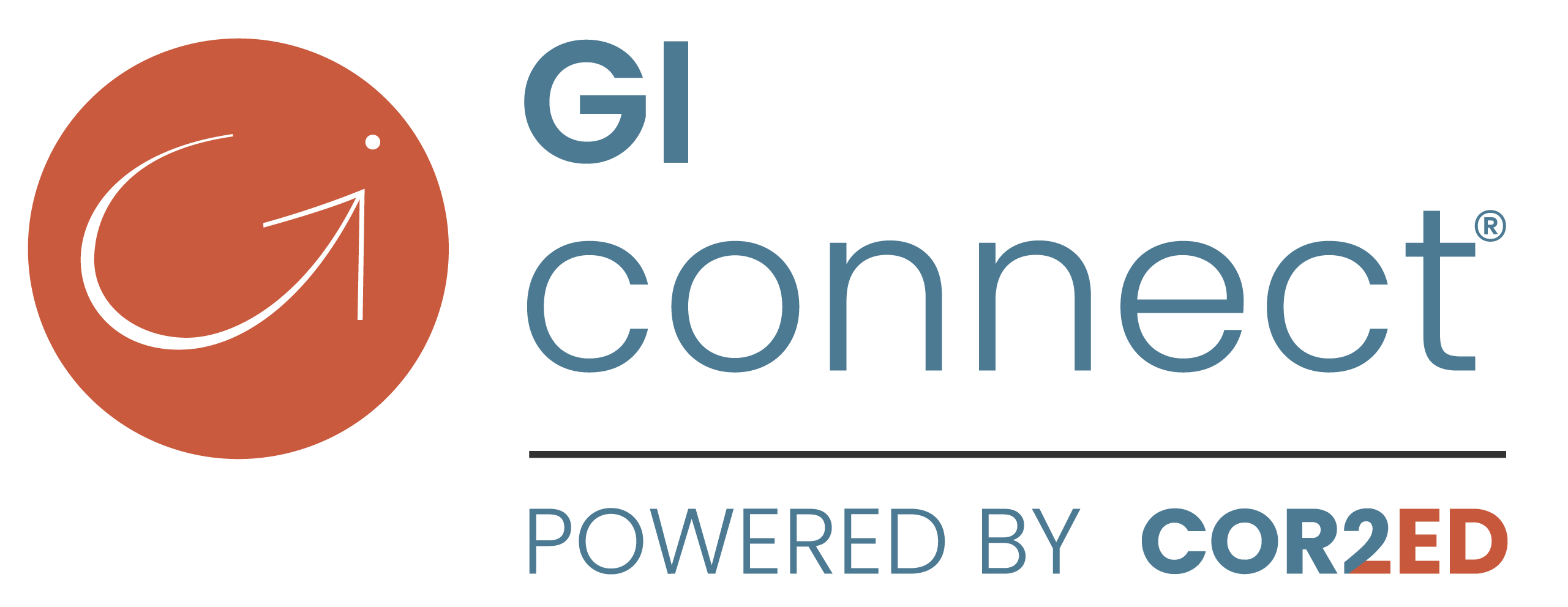Treatment sequencing in mCRC: Third line and beyond
Dr Juan Manuel O’Connor
Hello and welcome to the GI CONNECT newsletter session. I'm Juan O’Connor, a medical oncologist working in Buenos Aires, Argentina and I'm joined today by Dr Sebastian Stintzing from the Charité University of Medicine in Germany.
So Sebastian, we are focusing today our discussion on sequencing treatment in metastatic colorectal cancer third line and beyond.
Considerations for treatment sequencing in mCRC
Let me start with the first consideration in terms of the later lines treatment, because when selecting third line treatment for our patient with advanced disease, there are some factors which require consideration, including the tumour-related and also disease-related characteristics such as the clinical presentation and also some parts of tumour biology. But also it is important to know what is the treatment goals according to the line of therapy and it's different if you're seeing in the adjuvant treatment, first line or third line and beyond. Durable disease control, maintaining a quality of life, that is very important, and also performance status and the general condition of our patient is a key point and crucial to know when we discuss the third line and beyond for our patients.
Treatment sequencing in mCRC: phase 3 data
What do you think about the new strategies in terms of the phase 3 trials Sebastian in this scenario?
Prof. Sebastian Stintzing
Yeah, I think it's important, the first trial really looking into those patient populations is not even ten years old. This was the CORRECT trial where best supportive care was tested against regorafenib, and in the end, there was a survival benefit of around about 1.5 months.
So within the treatment arm, six and a half months of median survival was reached, and in the placebo arm, it was around about five months. So of course, best supportive care, as you said, is always an option here. And then we look into the next trial, which was the RECOURSE trial, looking at TAS-102 versus best supportive care, similar data was achieved again, one and a half months of survival benefit.
The latest study, the FRESCO-2 study, where we had data at this year's ESMO, using fruquintinib also a tyrosine kinase inhibitor back there. Again, we have a little bit more survival, 7.4 months, and also the gain was around about two months of overall survival gain.
So I think when we talk about those patients, and then we talk with our patients about treatment options, it is important to mention that best supportive care may be the best option for a subset of our patients. And of course, there is the other subset where additional chemotherapy, additional treatment makes a difference when it comes to overall survival. But I think the biggest question we have now after having those substances on hand, how can we manage toxicity and is there possibility to add another substance to do a combination treatment in third line? And I think there is some data out there really showing us that we are going to do those steps.
Treatment sequencing in mCRC: what’s next?
What kind of data is basically on the horizon and what are we awaiting?
Dr Juan Manuel O’Connor
Yes, I think there are some interesting different clinical trials now that combine some new chemotherapy, such as a TAS-102 and anti-angiogenesis agents. One of these is the SUNLIGHT trial that's comparing the role of the TAS-102 in the combination with bevacizumab in a phase 3 trial. There was a press release that this showed some activity of this combined treatment in terms of overall survival. Just we are looking for a future in the next meeting. What is the result in terms of the overall survival for this combination? You know, there is some rationale, pre-clinical rationale that showed the activity of this combination.
Another interesting trial similar to the design of SUNLIGHT is the RAMTAS study looking for the combination of ramucirumab, an anti-angiogenic agent and TAS-102 for patients after progressive disease. This was reported in terms of safety, the first part of the trial in more than 144 patients, and it was manageable toxicity with this combination. We are looking for the future results in terms of the analysis for the phase 3 trial of this interesting combination.
Treatment sequencing in mCRC: rechallenge with anti-EGFR
I think the other interesting topic is about the rechallenge with anti-EGFR. What is the data from this option of treatment for this setting?
Prof. Sebastian Stintzing
Yeah, I mean, the data we have just talked about was all in an all-comer population so molecular non-selected. And when we think about the RAS wild-type population that may still be wild-type in the further line setting, so we know this liquid biopsy being a new tool that we can use here to test those patients. This may be an option for selected patients, so patients that have received anti-EGFR in first line, that also has achieved tumour response and yet quite interesting data coming from retrospective analysis and registrational trials and they show survival data of around about 12 months, which of course is more than the 6 to 7 months reached by the larger phase 3 trials.
So this is also tested, the rechallenge is also tested in a phase 3 setting, the FIRE-4 trial is ongoing and is still recruiting. So I think we have to wait for this data. But something that is important and what you mentioned with the combinations, with angiogenic, is that the quality of life is maintained. I think that's important when we talk about this setting.
Treatment sequencing in mCRC: other treatment strategies in development
Talking about molecular selected patients, what do you think, will we have new data also using immune checkpoint inhibition in this setting?
Dr Juan Manuel O’Connor
Interesting to know the data in this scenario because as you mentioned before, there was the possibility to divide in molecularly options for these patients and non-molecularly selected patient in this scenario. There are some interesting clinical trials open now. The CodeBreak 300, for example, looking for the combination of sotorasib and panitumumab versus the investigator choice standard of care, TAS-102 or regorafenib, for example, looking for this combination.
The MOUNTAINEER trial followed some specific population, the HER2 in a progressive disease. After the promising data presented this year in ESMO GI in the phase 2 trial and also some interesting data based on the DESTINY-CRC02, a phase 3 trial for patients with HER2 expression in metastatic colorectal cancer who have progressed on three or more lines of therapy.
Interesting another option, for example, it's a non-molecular selected trial. You mentioned before the LEAP-017 and the RELATIVITY-123 trial, looking for the combination of some immunotherapy in stable disease and after progressive disease.
Just, I think that it's an evolving field and changing for the future in this scenario. What is your opinion of the real situation for the third line and beyond in colorectal cancer Sebastian?
Prof. Sebastian Stintzing
Yeah, I think especially for the molecular selected patient population, this is basically telling us we should re-biopsy those patients after two lines of treatment, seeing whether they fit in one of the trials open. And I think we also have to discuss with our patients whether that is a trial opportunity in the next centres in the region where we treat our patients. And of course, we are getting more options. So I think that’s good for those patients.
Dr Juan Manuel O’Connor
Okay. Well, thanks again, Sebastian. And thanks to our listeners. We hope you have found our discussion useful today and see you again.
Prof. Sebastian Stintzing
See you, bye bye.






 Downloadable
Downloadable  5 MIN
5 MIN
 Jun 2025
Jun 2025 






